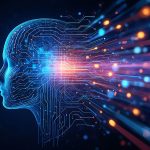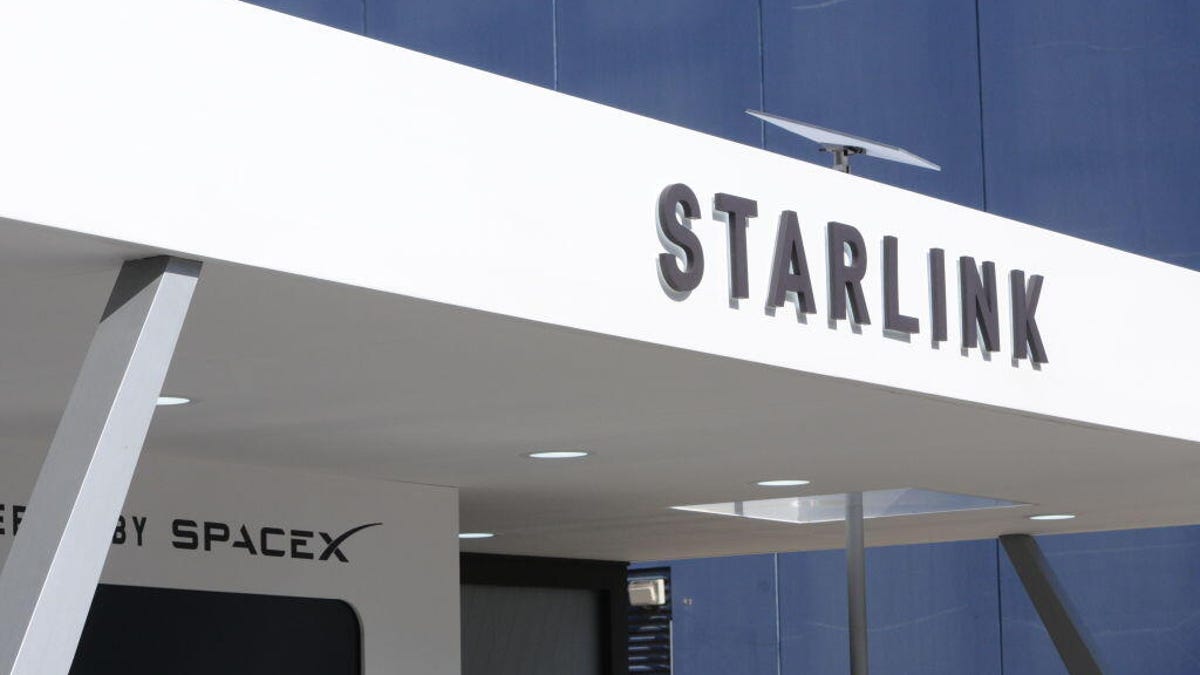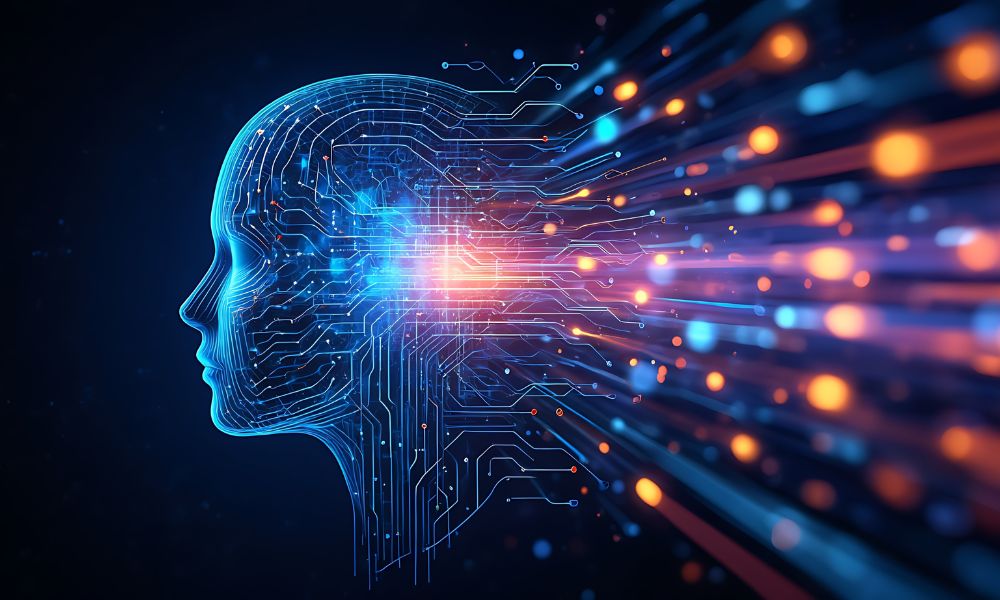TLDR
- 50% of Americans are worried about AI will harm their creative capacities and relationships.
- 73% support AI Aid in tasks, but want more control over its use.
- 61% of young adults fear that AI reduce the skills of critical thinking.
- 72% of Americans want stronger government regulations on AI technologies.
While artificial intelligence becomes more anchored in daily life, Americans express an increasing concern about its impact on their lives and the future of human skills. A recent PEW research survey carried out in June 2025, with 5,023 American adults, shows that many recognize the advantages that AI offers, they are also concerned about its consequences, especially on creativity and human relations. These new data reveal a nation struggling with the paradox of wanting the effectiveness of AI while fearing that it can decrease what makes people human.
Increasing concerns concerning the influence of AI
The study depicts a discomfort, with 50% of American adults statement They are more concerned than in the growing role of AI in society. This change represents a significant increase of 37% four years ago. While many appreciate the usefulness of AI, as helping in daily tasks, the fear that it erodes critical human capacities is widespread. Almost 53% of respondents are concerned about AI will weaken people ‘creativity, while half believe that this will harm their ability to establish significant relationships.
The fear of the long -term effects of AI is particularly pronounced among the young generations, despite their higher exposure to technology. Among the under 30s, 61% believe that AI will make people less capable of thinking in a creative way, a feeling shared by 42% of people aged 65 and over. This generational division underlines the complexity of the question, where young people, more familiar with technology, express a deeper skepticism about its advantages.
Trust problems with AI technologies
Confidence remains a major concern for many Americans with regard to AI. The PEW survey revealed that 76% of respondents think it is crucial to distinguish between human content and generated by AI. However, more than half of those questioned admit that they do not have the capacity to make the difference, highlighting the deficit of confidence surrounding AI.
This discomfort goes beyond the recognition of the content generated by AI to a wider mistrust towards AI companies and their motivations. The 2025 KPMG overall trust report also reveals a constant decrease in public confidence in AI companies since 2022, further fueling concerns about the way AI technologies are developed and controlled.
Calls for stricter regulations
The growing anxiety concerning the influence of AI on society leads to calls for increased surveillance. A Gallup-Scsp 2025 study revealed that 72% of Americans support the stricter government regulations for AI technologies. This feeling reflects the wider desire of more control over how AI is integrated into daily life. Although many recognize the potential advantages of AI, there is a great fear that, without regulation, its rapid progress can lead to involuntary social consequences.
Americans also establish clear limits on the role of AI in personal issues. A major majority – 73% – The fact that AI should have no role in the adviser of individuals on spiritual or religious issues, and two thirds reject the involvement of AI in the evaluation of romantic compatibility. This highlights the desire for human control over the fields where personal values and relationships are central.
The future of AI: an act of balancing
Despite the concerns, the investigation indicates that many Americans still consider AI as an inevitable part of the future. Although there is a request for more regulations and control, there is also an understanding that AI can provide advantages in fields such as medicine, weather forecasts and crime detection. The challenge in the future will be to find a balance between taking advantage of the capacities of AI while protecting human creativity, relationships and critical thinking.
The debate on the role of AI in society is far from being settled. While technology continues to evolve, the same goes for public opinion, many Americans hoping that future advances will favor human well-being alongside progress.










